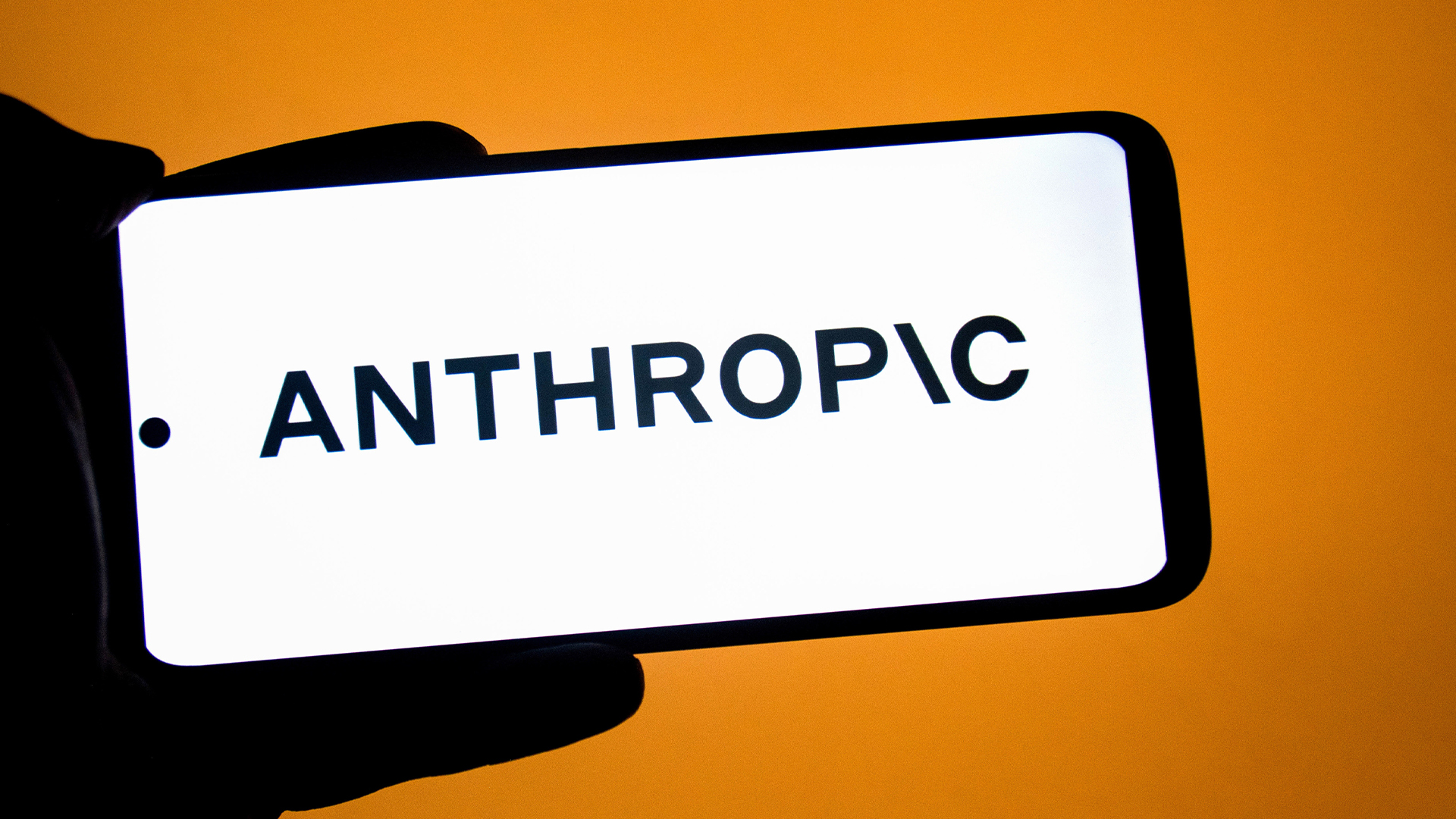Asus Eee Pad Transformer review
An Android 3.0 Honeycomb tablet with a detachable keyboard - a perfect match for business users or a chunky compromise that doesn't suit anyone? David Ludlow flexes his fingers and finds out in our review.
In terms of Android tablets, this is the best that you can currently buy and the keyboard dock gives it the edge if you want a device that you can really work on. That said, the iPad 2 is still that bit slicker and smoother to use. It also has a much wider selection of apps and also has a dock option, making it the better tablet.The iPad 2 also has better battery life – the Transformer can only match it when connected with the keyboard dock which also doubles its weight and adds bulk too. Nevertheless, if your tablet computing needs aren't met by the iPad and its more tightly controlled operating system, the Asus Eee Pad Transformer is the tablet to buy.
Oddly, when the Transformer is plugged into the keyboard dock, an onscreen warning appears informing you that you have to switch the layout for the onscreen keyboard from Google's default to Asus' own otherwise the hardware keyboard won't work properly in all apps. It would be far better if this happened automatically. There is another strange thing about using the onscreen keyboard with the Asus layout, rather than the regular Google layout. Asus' layout adds a row of numerical keys at the top of the QWERTY layout, which makes everything feel cramped when you have to use it. Fortunately, it's easy enough to switch back to the Google model when you're using the Transformer in tablet mode.
The keyboard dock has a secondary purpose to it: it has an additional battery.
The keyboard dock has a secondary purpose to it: it has an additional battery. With the tablet by itself we managed to get 8h 37m out of a single charge when playing a video; plugging in the dock gave us an additional 7h 6m. This combination is very similar to the total battery life we got from the iPad 2.
With the dock connected you also gain a full-size SD card slot and two USB ports. Both recognise connected storage and we could copy files to and from these devices using the pre-installed file manager. In this way the Transformer feels like a real computer that you can use for any job.
Verdict
In terms of Android tablets, this is the best that you can currently buy and the keyboard dock gives it the edge if you want a device that you can really work on. That said, the iPad 2 is still that bit slicker and smoother to use. It also has a much wider selection of apps and also has a dock option, making it the better tablet. The iPad 2 also has better battery life – the Transformer can only match it when connected with the keyboard dock which also doubles its weight and adds bulk too. Nevertheless, if your tablet computing needs aren't met by the iPad and its more tightly controlled operating system, the Asus Eee Pad Transformer is the tablet to buy.
Connectivity: N/A Display: 1,280 x 800 pixels, 10.1in OS: Android 3.0 Honeycomb Camera: five megapixels rear-facing, 1.3 megapixels forward-facing GPS: non-assisted GPS Processor: 1GHz Nvidia Tegra 2 RAM: 1GB Bluetooth: v2.1 + EDR Wi-Fi: 802.11 b/g/n Storage: 16GB internal Ports: keyboard dock connector, mini HDMI Slots: microSD card Dimensions: 271 x 171 x 13 mm (WxDxH) Weight: 680g Battery: Lithium Polymer
Sign up today and you will receive a free copy of our Future Focus 2025 report - the leading guidance on AI, cybersecurity and other IT challenges as per 700+ senior executives
-
 Half of agentic AI projects are still stuck at the pilot stage – but that’s not stopping enterprises from ramping up investment
Half of agentic AI projects are still stuck at the pilot stage – but that’s not stopping enterprises from ramping up investmentNews Organizations are stymied by issues with security, privacy, and compliance, as well as the technical challenges of managing agents at scale
By Emma Woollacott Published
-
 What Anthropic's constitution changes mean for the future of Claude
What Anthropic's constitution changes mean for the future of ClaudeNews The developer debates AI consciousness while trying to make Claude chatbot behave better
By Nicole Kobie Published
-
 Microsoft warns of rising AitM phishing attacks on energy sector
Microsoft warns of rising AitM phishing attacks on energy sectorNews The campaign abused SharePoint file sharing services to deliver phishing payloads and altered inbox rules to maintain persistence
By Emma Woollacott Published